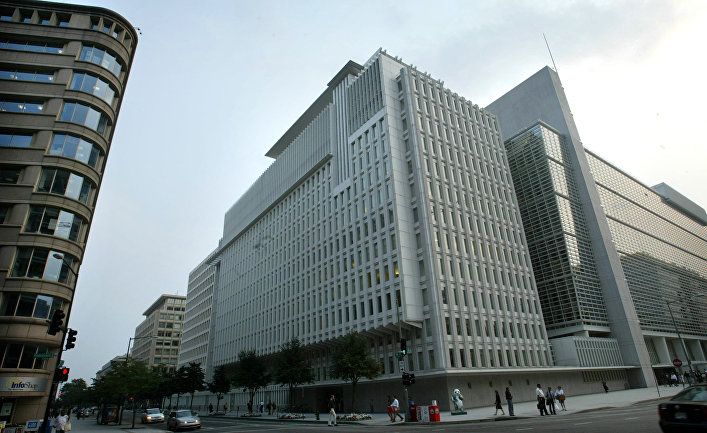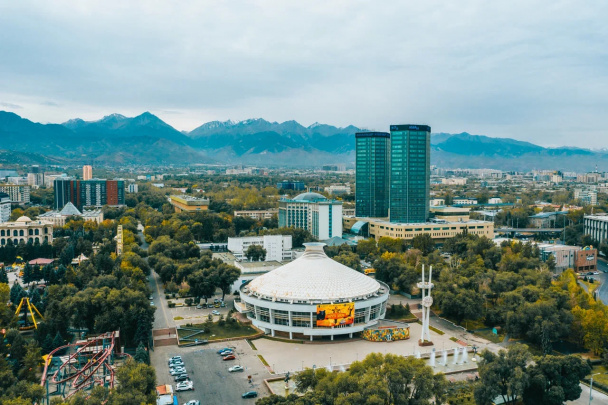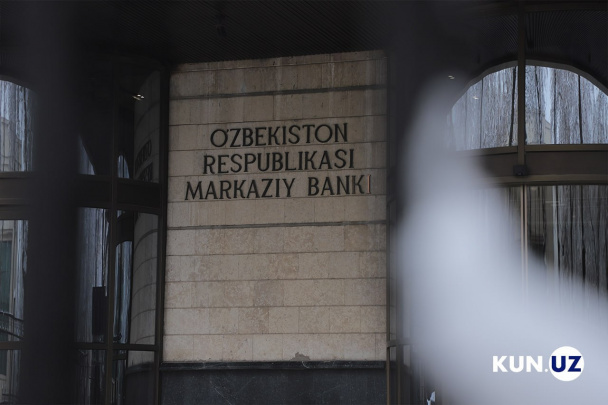World Bank approves $800 million loan to support Uzbekistan’s reforms
The World Bank's Board of Executive Directors has approved a financial package of $800 million in highly concessional loans to support Uzbekistan’s ongoing reform agenda, aimed at transforming the country into a more inclusive and resilient market economy.

This financial support will back the Uzbek government’s structural reform program, which seeks to enhance the business environment, improve efficiency across key sectors such as agriculture, railways, and energy, strengthen public finance management, expand social protection services, and better prepare the country for environmental and climate challenges.
The concessional loans offered by the World Bank come with long-term, low-cost repayment options that are more favorable than those available on international financial markets. This arrangement will allow Uzbekistan to reduce its loan repayment costs, freeing up resources for other social and economic priorities.
Key Areas of Reform
The World Bank’s financing supports a comprehensive development policy program led by the Uzbek government, with key areas of focus that include:
- Social Protection: Expanding coverage for unemployment, sickness, and maternity benefits, particularly for vulnerable groups.
- Gender-Based Violence: Strengthening legal mechanisms to provide better access to justice for survivors of domestic and sexual violence.
- Agricultural Land Security: Establishing legal protections to ensure land tenure security for farmers, encouraging long-term investment in productivity and climate resilience.
- Business Environment: Introducing stronger investor protection guarantees, improving investor services, and attracting more foreign and domestic investments.
- Public Finance Management: Enhancing transparency in fiscal reporting and improving frameworks for managing public procurement processes.
- Climate Change Mitigation: Developing laws to reduce emissions and increase energy efficiency, particularly in energy-intensive sectors.
- Water Resource Management: Creating legal and institutional frameworks to optimize water usage, improve water supply accountability, and promote public investment in the sector, especially in managing transboundary water resources.
- Environmental and Climate Assessment: Building the capacity to assess the environmental, climate, and air pollution impacts on sectors and public health, and safeguarding vital natural resources.
- Green Investment: Increasing the share of state funding for climate-friendly projects by private investors, helping Uzbekistan make better use of its natural resources and advance its transition to a green economy.
- Railway Sector Modernization: Improving the legal framework to boost railway sector profitability and attract private investment for infrastructure modernization, while reducing emissions.
- Energy Sector Reform: Implementing energy tariff reforms to enhance operational efficiency and attract private investments in modernization. The government will also take steps to protect vulnerable groups from tariff increases and encourage private sector involvement in renewable energy production.
This wide-reaching reform program is expected to bolster Uzbekistan’s economic resilience, foster sustainable development, and advance its integration into the global economy.
Related News

18:11 / 27.05.2025
Global Cities Index 2025: How Central Asian capitals compare

15:53 / 26.05.2025
Central Bank raises inflation forecasts amid energy tariff hikes

15:10 / 21.05.2025
World Bank approves $200 million loan to help modernize Uzbekistan’s irrigation infrastructure

18:26 / 20.05.2025




